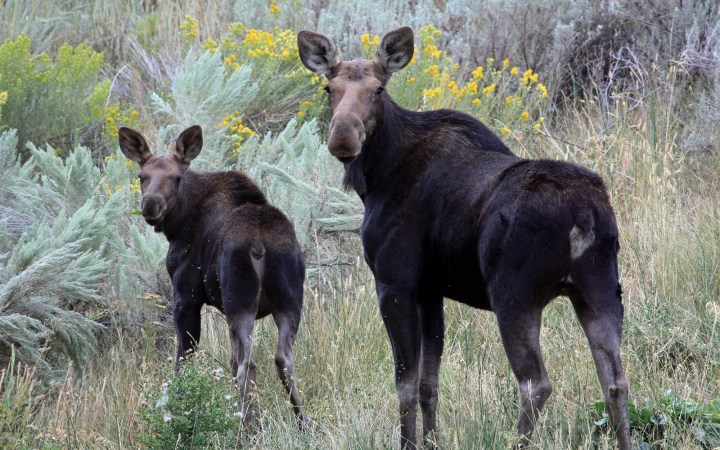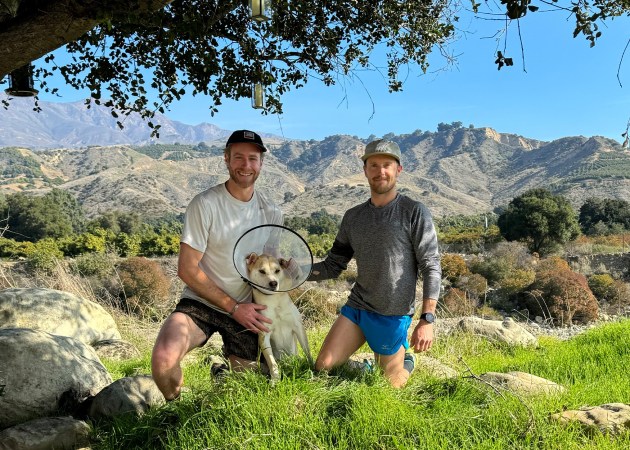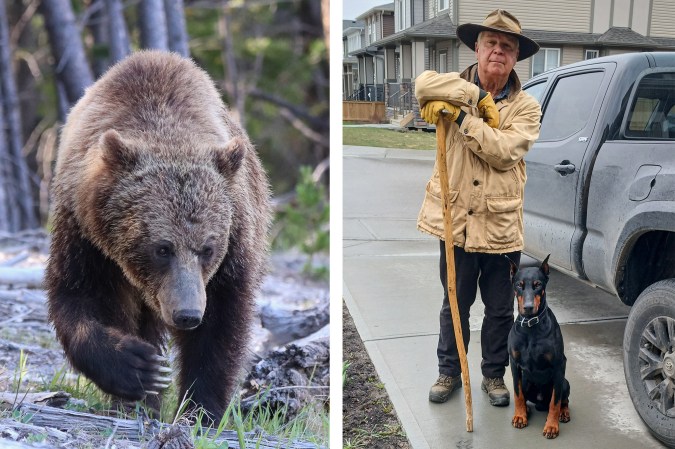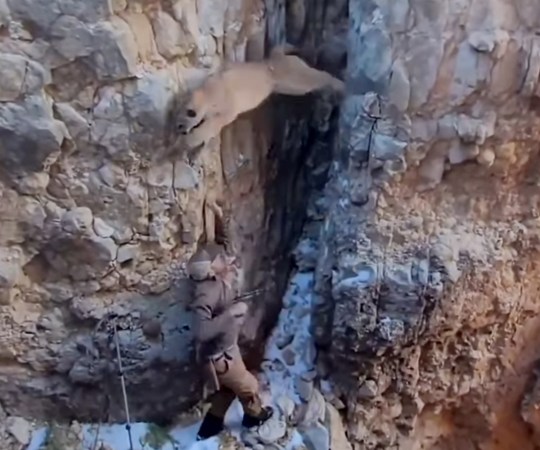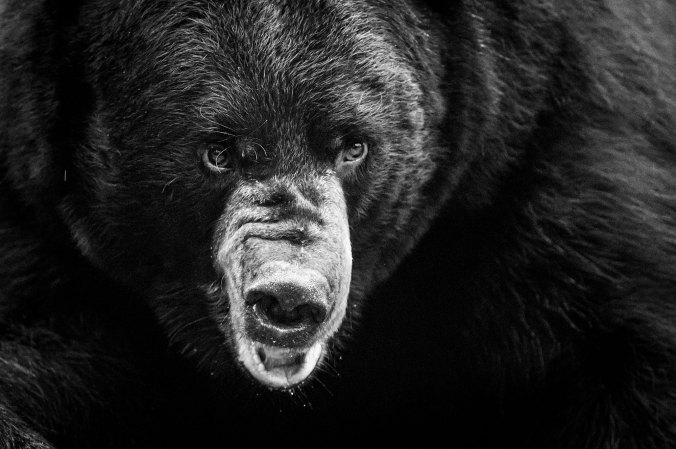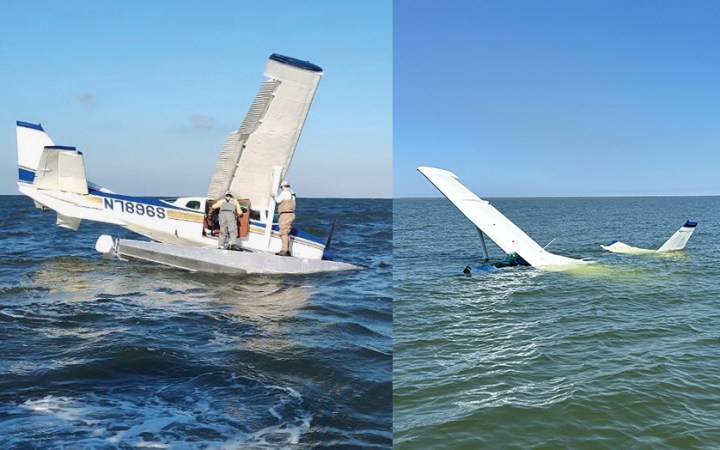With a gun barrel pressed firmly into my back, I stood solid. “Line up, line up!” the gunman shouted in broken English. He twisted and pushed my head with his other hand. I refused to budge.
If I move to where the man insists, we’ll all be killed. I’d rather die here so at least the blood stain in the middle of the road will be good evidence for anyone who might come looking for us, I remember thinking.
It was the spring of 2022 and we were heading out of Mexico’s Sierra Madres where we’d been hunting Gould’s turkeys for three days. It was the last subspecies that my buddies and I needed to complete our world turkey slams and we were content after a successful hunt. Trips to Mexico like this one had been common in the hunting industry, in which I’ve worked for decades. A handful of writers and industry members would head to Sonora for a hunt, usually for turkeys or deer. The groups would go with trusted outfitters who had experience shuttling Americans in and out of the country. We’d test out some new gear, everyone would get good stories and nice photos, and then we’d all head home. But this trip would be different.
Highway Robbery
The winding road through the mountains of Sonora made for slow going. Eventually we hit a brief stretch of straight road — the only one for several miles — and a pickup truck sped past us. It whipped in front of our vehicle and slammed on the brakes, stopping broadside. There was no way to drive around it so our driver skidded to a halt. Through the blue smoke of skidding tires, I saw three doors fly open and out rushed three men with ARs. Charging our truck, they yelled and pointed their guns at us. Through our rolled up tinted windows we could feel the intensity of their shouting.
I reached into my pocket and grabbed cash to give the assailants. This wasn’t my first run-in during an international hunt. I had bribed my way out of multiple encounters in Mexico and parts of Africa before.
Our driver, a local man from Hermosillo, turned off the truck, disengaging the door locks. I was in the back seat behind the driver. A buddy was in the back seat with me, and another friend was in the front passenger seat. I opened the door to an AR muzzle just inches from my face. The man wielding the gun grabbed at my leg, shouting, “Line up…line up!” His rifle was a sleek, Cerakoated AR with modern optics and accessories. It was unlike the other beater guns I’d seen in previous encounters in Mexico. I slipped the wad of cash back into my pocket, realizing a few dollars wasn’t going to save us this time.
I exited the truck, hands up. But rather than step all the way to the back of the vehicle, I stopped. I put my hands on the side of the truck, legs spread wide to show the man I was no threat. He didn’t like it, but I wasn’t budging.
“Move or I kill you,” he ordered. I didn’t move.
One friend moved to the road’s edge where the cartel members kept telling us all to line up. It was a steep embankment. Tall grass grew along the edge. Thick brush engulfed the bottom. It seemed like the perfect place to hide dead bodies. I felt very strongly that if we lined up, they’d kill us — like a firing squad executing prisoners. We were 150 miles from the nearest town. I didn’t want that ditch to be my grave.
My other buddy remained in the passenger seat refusing to exit, even with a gun barrel inches from his face. It was a bold move. The three gunmen seemed to be getting more agitated by the second.
No Way Out
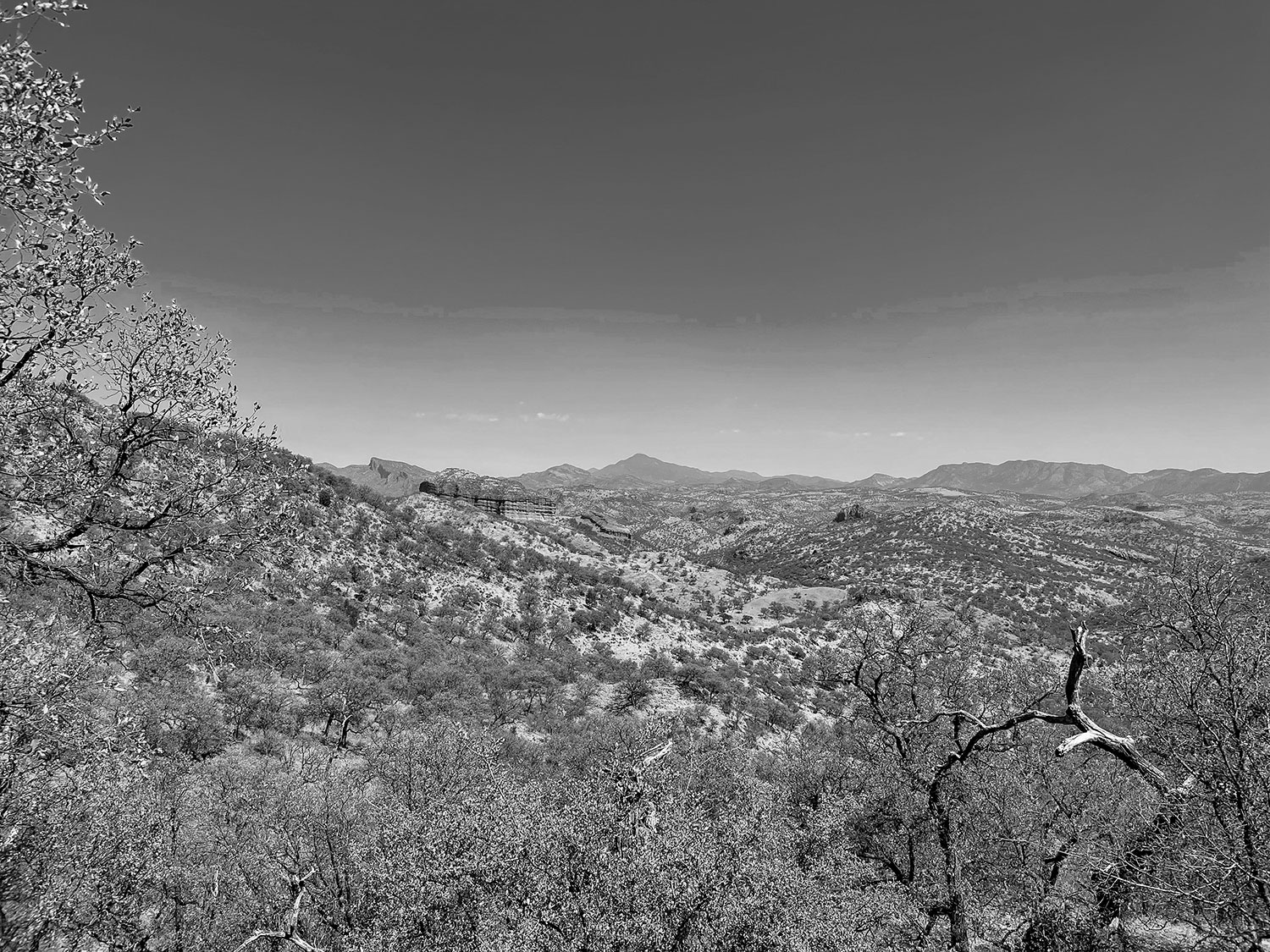
Photo by Scott Haugen
Once the man accepted that I wasn’t moving and quit threatening and prodding me with the rifle, a calmness overcame me. I wasn’t shaking. I wasn’t even scared. More than anything I was pissed off that this was how I was going to die. I was shocked by how quiet everything became.
I knew that one hijacker was exchanging words with the driver, but their voices faded even though I was only a few feet from them.
For what seemed like an eternity, but was less than five minutes, I stood in some kind of silent meditation, gun in my back. My thoughts became very clear even though my mind raced — and I assume that I was experiencing the sensation people describe as their life flashing before their eyes. A recent brown bear charge in Alaska came to mind. What I’d give to be eaten by a bear rather than taking a bullet in the back of the head in the middle of nowhere Mexico. I recalled a sinking boat during another journey in Alaska in which we narrowly escaped, and then the downed bushplane we survived during a moose hunt. I recalled the time I came closest to dying, caught in a severe storm in Arctic Alaska with my wife, and how calm it seemed then, too, despite the numbness that consumed our bodies amid the -104º temperatures and 70 mph winds that nearly sucked the life out of us.
In each of those situations I had a chance, a way out. This experience was different. What was going to happen next was out of my hands. I had no control. No options other than to comply, or not, and to pray. I prayed a lot.
I thought of my two sons, now in their early 20s. They’re fine young men and will succeed in life. I was saddened knowing I’d not get to see them grow into fathers, husbands, and men who would make a difference in the world. Memories of my parents were fleeting, perhaps because I’d spent a full life with them. The thought of my wife’s reaction when she received news of my death weighed heaviest on my mind. The image of authorities knocking on our front door to tell her the news crushed me. She’s been my best friend of 34 years. Our lives are inextricably intertwined. What a grim ending this would be.
I’d never fully felt the certainty of my own death, until this moment. The cartel attack was so swift, fierce, and definite. Standing in the middle of that highway in 105-degree heat, I was completely helpless. So I accepted death, truly, for the first time in my life.
The Long Road Back
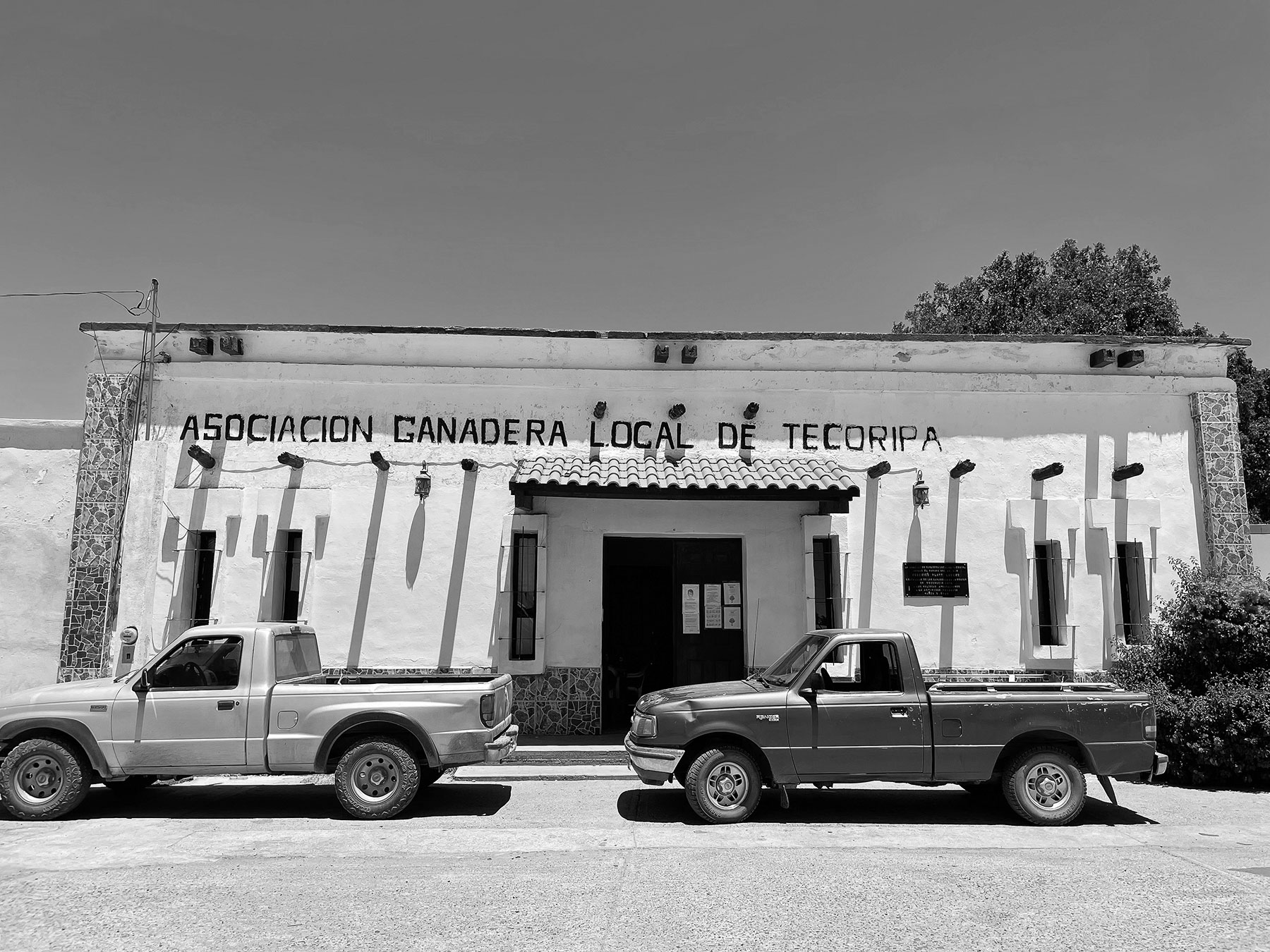
Photo by Scott Haugen
Then our driver exited the truck, arms in the air. His words snapped me from my daze. “Back away and keep your hands up,” the driver instructed. “They’re going to take the truck and all our belongings but not kill us if we comply.”
We all backed away, hands high in the air. The cartel members hopped into their truck and ours, started to drive off, then suddenly stopped. Instantly, the elated feeling of escape faded. I was certain they were now going to shoot us, since this was the first time throughout the whole ordeal that we were all standing together. Instead, they began grabbing our luggage and throwing it onto the road. Then they sped away.
The sudden triumph of being alive hit us all at once. Nothing else mattered. Not our gear, not the truck, not money, and certainly not the world slams we’d just completed. It was my birthday. Life was the greatest gift.
It took five hours but we hitchhiked our way to Hermosillo. Multiple people picked us up and dropped us off (plus all of our luggage) along the way. Eventually a rancher with a brand-new Ford truck picked us up. He was hauling a large horse trailer.
“I just got this truck because last week the cartel stole my other new one,” he told us. “I was driving into my property and they were hiding in the brush at my gate. They held me at gunpoint and took my truck, trailer, horses and all. It’s happening all over, all the time, to everyone, even the locals.” Now he had security armed with an AR riding along with him.
When we made it to Hermosillo, the driver reported the incident to local authorities and I got in touch with a friend at the U.S. border, where he’s big brass. When I told him how helpless we felt, and how we would have liked to have had guns at the ready to at least stand a fighting chance. His reply left me speechless.
“You wouldn’t have made it out of the canyon alive,” he said.
I asked how he knew we were in the hills, a fact I’d not yet disclosed.
“They do this in the mountains so the snipers have an elevated vantage point, in case anything goes wrong. I can just about promise you there were snipers on you the whole time. One wrong move and none of you would have made it out alive.”
He went on to say how battles with cartel groups in this region were growing so rapidly that the cartels needed more trucks to carry all the new recruits. They were stealing all the brand-new trucks they could find. The bigger the better. If we’d have been in an old, beat up truck we’d have been left alone, he said. (My friend advised me to not publish certain details about the incident, including the name of the cartel that attacked us.)
They realized we were Americans and that some of our gear might have tracking devices in it, so that’s when they tossed it out of the truck before speeding off. Among our luggage we had guns, I had over $20,000 in camera gear, and we had cash. They had no interest in any of it, only the truck.
Read Next: I Shot a Mountain Lion at 7 Paces
Aftermath
That night the four of us sat at a corner table of a hotel restaurant, overlooking the street. Talking about the ordeal proved to be good therapy. We were all seasoned travelers, and one friend was a career military man who’d been in many battles during his years of service. He said this was the only time in his life he really thought he was going to die.
I brought up how eerily calm and quiet the whole thing became. My buddies looked at me and one snickered, “Yeah, right.”
“You couldn’t hear the guy shouting at our driver the whole time with a gun barrel in his face?” one buddy asked. They said he was screaming at the driver to step from the truck and hand over the keys. But the driver refused because it was a brand new truck, and he had us — American passengers. The driver kept saying he was transporting three Americans to the airport and that the cartel just needed to let us all go, period. Apparently, they exchanged many words and threats. I heard none of it.
“I’ll never forget that damned cartel’s name, I know that,” my other buddy said. “What was it and how do you know?” I asked. Again my friends looked at me, bewildered. “You honestly don’t know?” one of them asked. “Your guy must have said it a dozen times, saying how their cartel was the most powerful and that they’d soon rule over the others. Then the other gunman started chanting the cartel name over and over and over again. Seriously, you heard none of that?”
I hadn’t heard a word. What I remembered, and will always remember, is the calmness, and quietness, and helplessness.
That encounter with the cartel in Mexico changed my life. It never felt so good to just be home. To hold my wife. To talk with our boys on the phone. To hug my aging parents, and to hunt with my two dogs. Material possessions meant even less to me than they had before. The certainty of death stayed with me. I know with each passing day we’re that much closer to dying. So I spend my time with family, friends and people I love, because that’s all that matters.
Scott Haugen is a full-time writer of 24 years. Follow his adventures on Instagram and Facebook and learn more at scotthaugen.com


